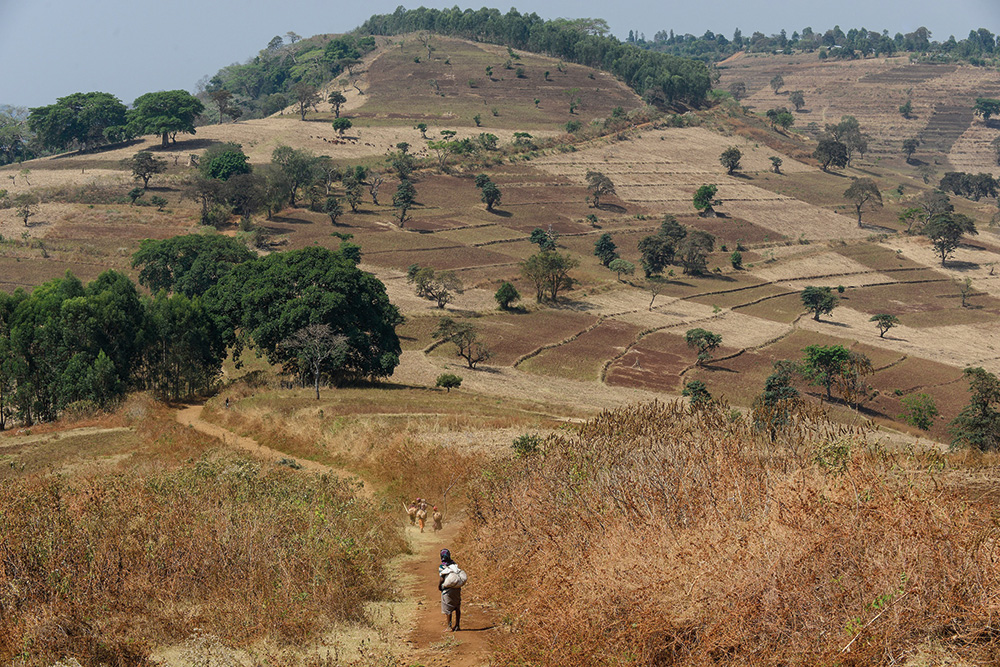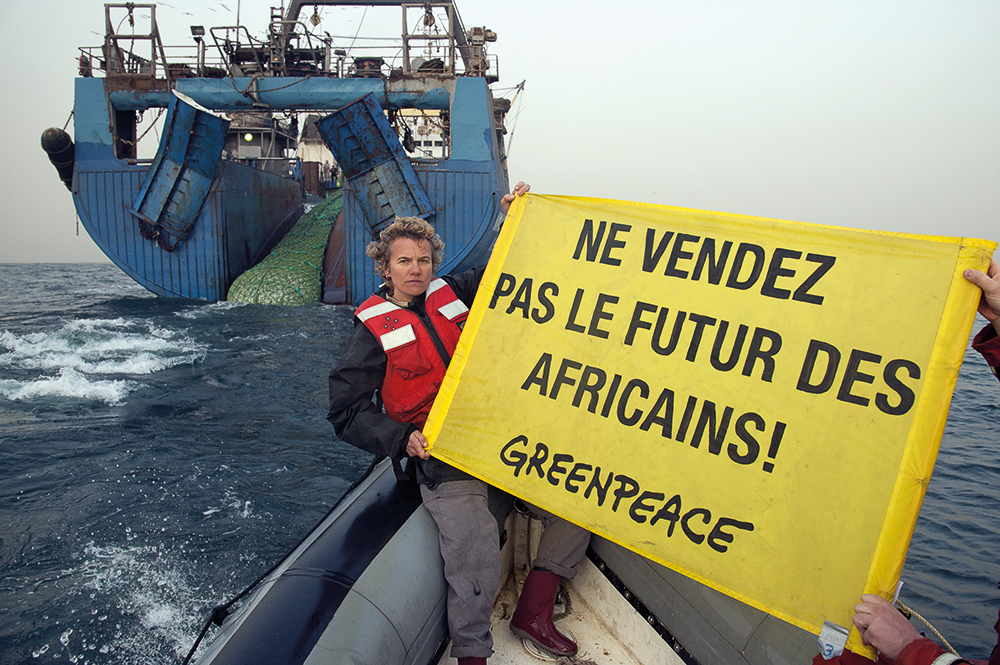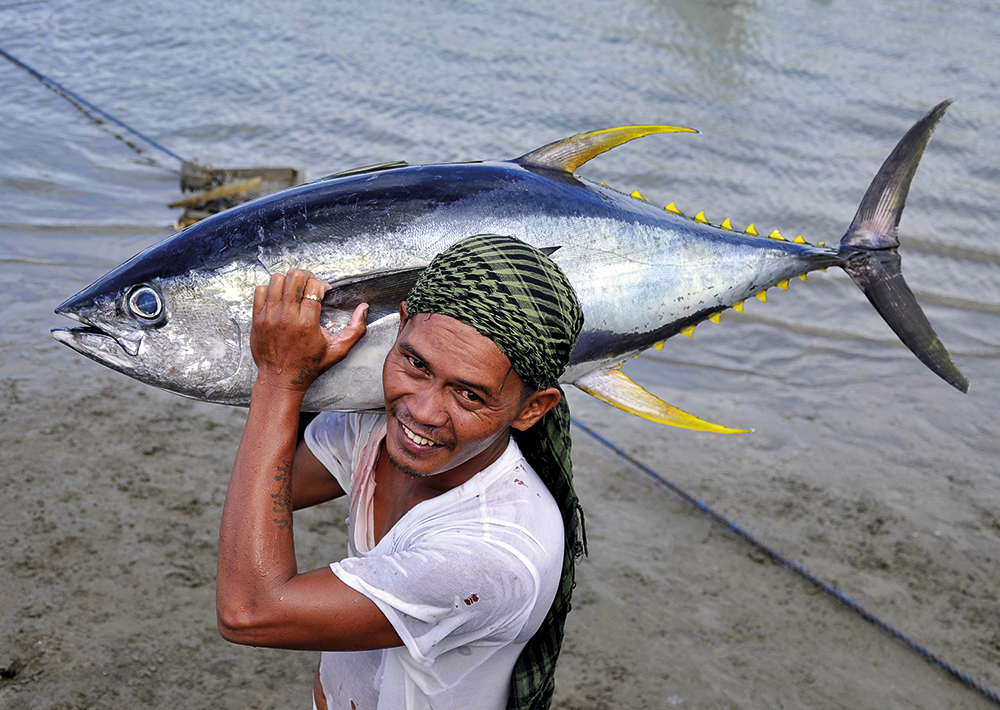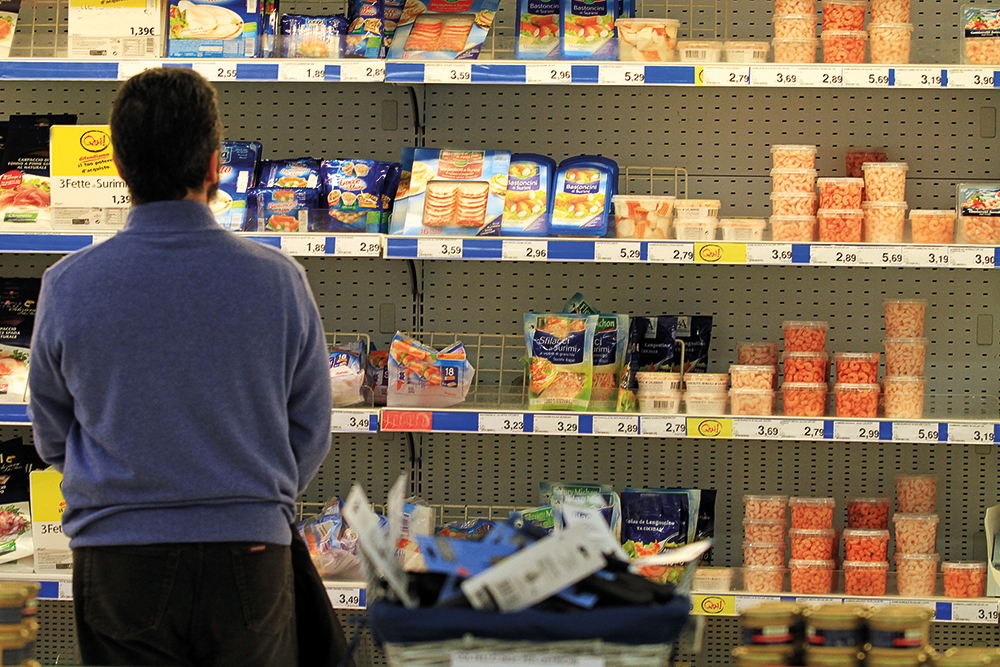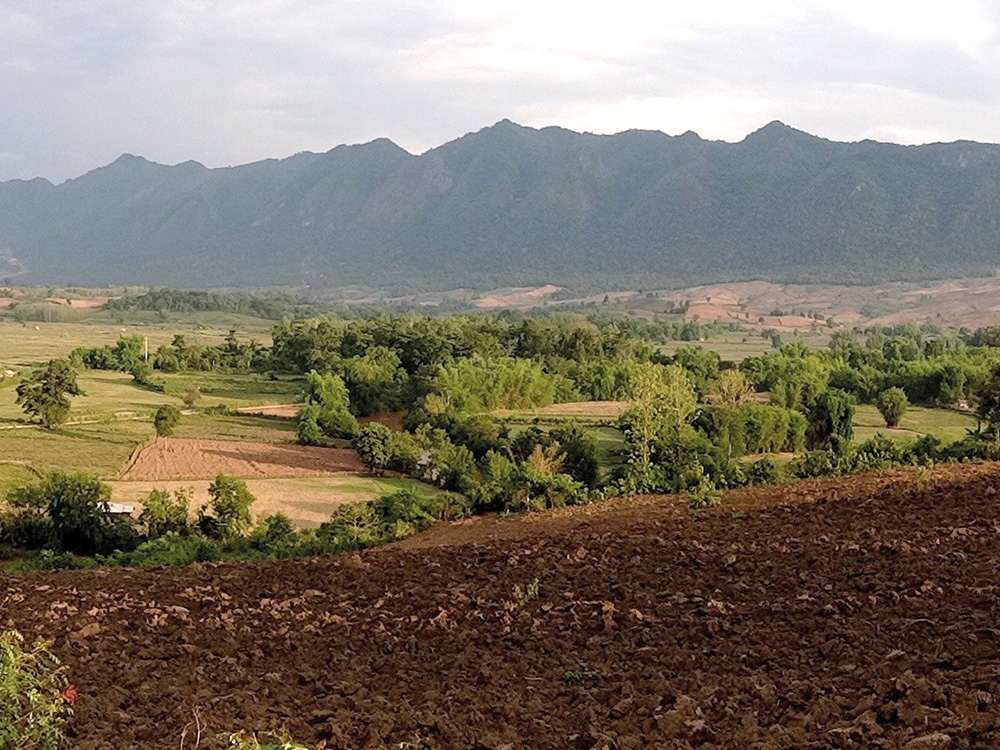The Urban Transition in Tanzania
This report presents the problem,
describes the analytical framework, the African and World
context and the characteristics that need to be present for
a responsible and effective urbanization. Chapter one
discusses the issues involved in measuring urban growth and
density and the problem of under-measuring density. Chapter
two introduces key aspects of the recent urbanization in
Tanzania, including migration, structure of economy and


